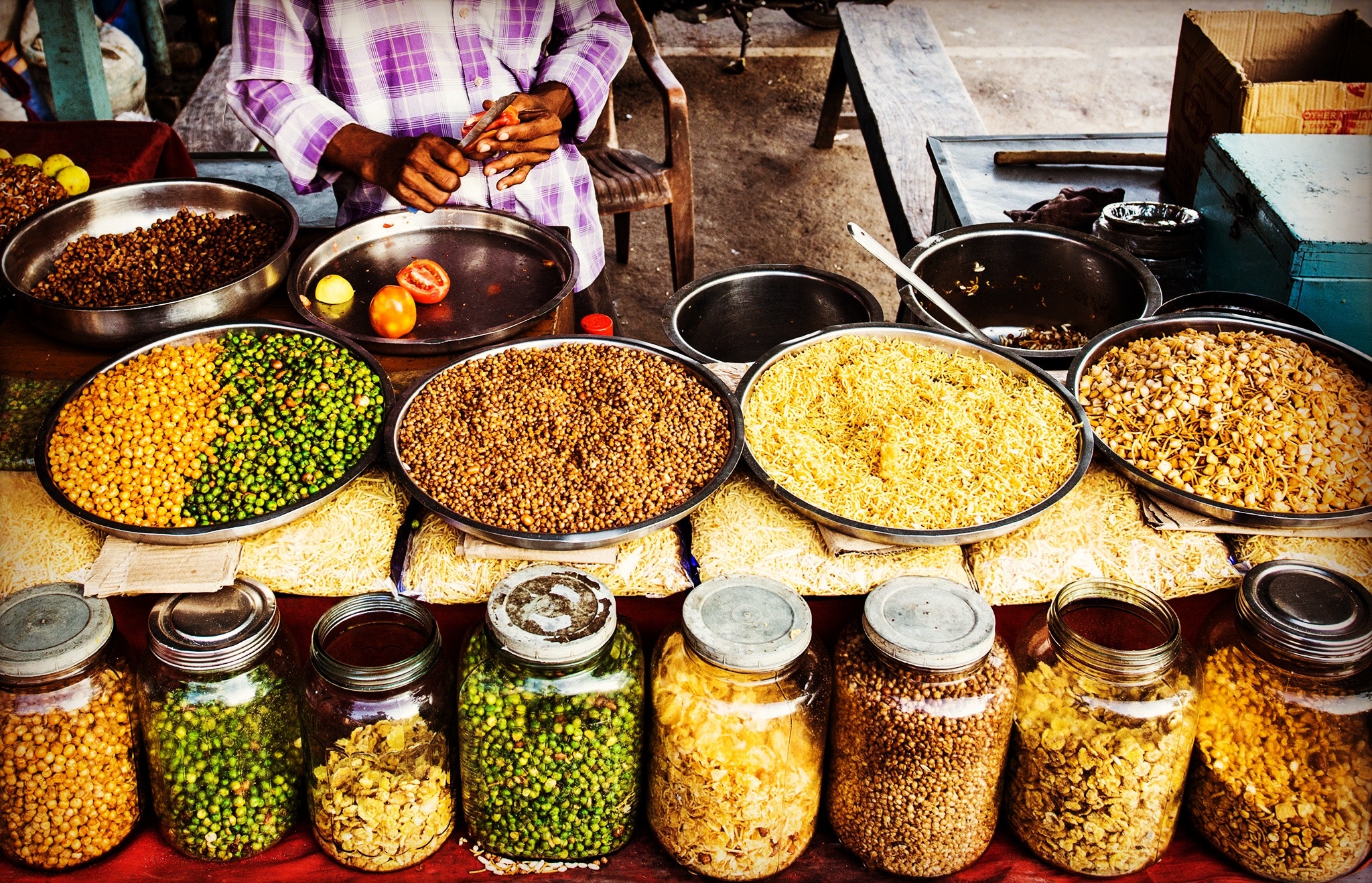Carbohydrates are a plant’s stored energy. The basic forms are fiber, sugar, and starch.
FIBER is indigestible by us, meaning our digestive tract can’t break it down in. Instead, it passes through us, keeping our intestinal walls healthy and sweeping out toxins. Some of it becomes food for the “good” bacteria in the large intestine; they ferment these fibers and produce beneficial byproducts like short chain fatty acids and vitamins that our body absorbs and uses (thanks team!). Depending on the dominant bacterial species in your gut, you might find that fiber turns you into a gaseous liability; fear not, with some gut overhauling (diet + probiotics) the fiber becomes easier to tolerate.
Beans, beans...
Fiber is generally good unless you have damage in your intestinal walls, in which case fiber acts as an irritant. Examples of damage include inflammation from IBS, IBD, Celiac disease, or leaky gut. If damage is present, fiber -especially insoluble fiber- should be limited until the gut lining has had plenty of time to heal.
The SUGAR in produce -mainly fructose and glucose- are mostly single molecule sugars and easily absorbed. This happens in the small intestine without the enzyme activity that is needed to break down longer chains of sugars. These natural sugars are generally well tolerated because of their simple, almost passive, digestion. However, if we have bacteria creeping into the small intestine where it doesn’t belong, or have damage in the lining of our gut that inhibits normal absorption, these sugars will feed any pathogenic bacteria present, causing gas, bloating, and pain. The more these bacteria get to eat, the more they multiply and spread. FODMAPS is an example of a diet that removes these potentially reactive carbohydrates (but doesn’t necessarily fix the root cause).
STARCHES are most demanding of the natural sugars. These are long chains of glucose molecules that require an abundance of digestive enzymes to reduce them. Only when they've reached single sugar form are they ready to be absorbed into the bloodstream. If our digestive function is compromised due to issues like stress, inflammation, hormone imbalance, or nutrient deficiencies, our body’s productions of enzymes will be low. Many starches will go undigested and not absorbed. When these travel to the large intestine intact, they feed sugar-loving pathogenic bacteria. These multiply, causing inflammation and IBD symptoms like gas, diarrhea, constipation, and pain. If left unchecked, these pathogenic bacteria may gradually move up into the small intestine, making even more foods even less tolerable.
Starches are primarily found in grains, legumes, and tubers. Some veggies, like winter squash, contain low amounts of starch that are easily digested and are unlikely to contribute to pathogenic bacterial overgrowth.
Other types of sugars commonly found in foods include lactose (dairy), maltose (beer), and sucrose (table sugar). These are disaccharides, or two sugar molecules stuck together. Because these rely on specific enzymes present in a healthy gut wall to break them apart for absorption, they should be limited when digestion is suffering.
Carbohydrate digestion, more so than fat or protein, is a multi-faceted operation that includes your own body's actions -like enzyme production- and the actions of the millions of bacterial species residing throughout your digestive tract. These are dynamic and changing and as they shift, our reactions to certain types and amounts of carbohydrates can shift as well. The most obvious symptoms that we're not tolerating a certain type or amount of carbohydrate are gas and bloating. These signify high fermentation activity between bacteria and carbs. Often these symptoms are a precursor to diarrhea or constipation.
If you deal with these issues chronically, you might be in need of a bacterial overhaul. A dietary intervention that limits starches and sugars will help to reduce the number of pathogenic bacteria living in the gut, while a quality probiotic will replace these with healthier strains. Digestive enzymes specific to carbohydrate digestion are helpful for short-term support as well.




